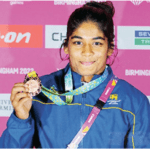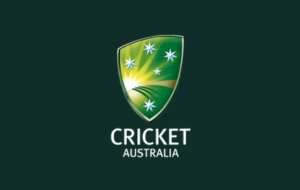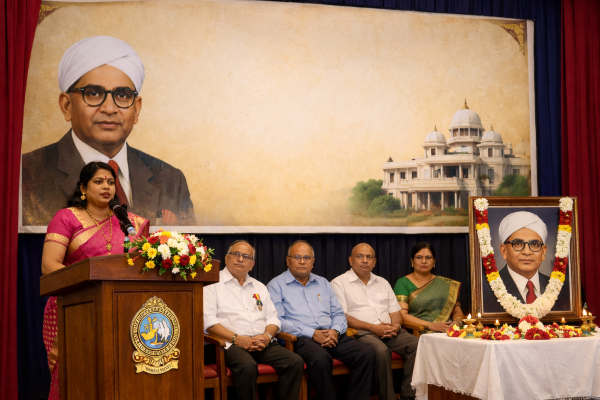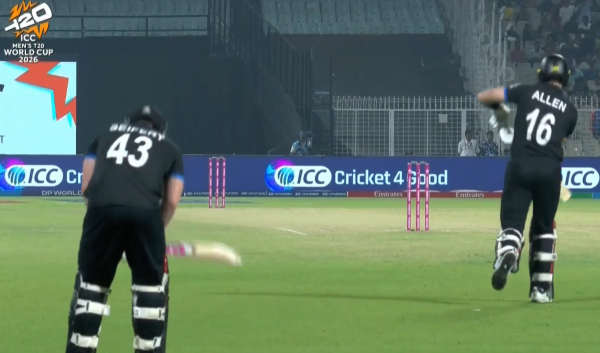Why should you check your heart (pulse) rate frequently?– By Dr Harold Gunatillake

The heart is like a watch: it takes a beating and keeps ticking. It’s the human body’s workhorse, always on and playing a vital role in keeping you alive. The heart works are easy to grasp—it’s a pump, drawing blood in and sending it out.
Checking your pulse rate on your wrist or the side of the neck- is your heart rate, too. The heart rate is measured as the number of times it beats per minute.
An average resting heart rate for an adult range from 60 to 100 beats per minute. Generally, a lower heart rate at rest implies more efficient heart function and better cardiovascular fitness. For example, a well-trained athlete might have an average resting heart rate closer to 40 beats per minute.
Some medications like beta blockers can slow your heartbeat and lower your resting heart rate.
How to check it
You can feel your heart rate by putting your first two fingers on the inside of your wrist, the inside of your elbow, the side of your neck, or on the top of your foot. Once you find it, count how many beats you feel in 15 seconds, and multiply that number by 4.
It would help if you counted the rate per minute and checked whether it was regular, fast, slower, or irregular.
If it is not regular, meaning detecting a drop beat, or irregular, you need to see your doctor for further assessment to check on the cause.
In most situations, you may feel a drop beat say about one in ten, which would be insignificant, but missing a beat every six or fewer seconds needs an urgent diagnosis.
You could also feel these changes by placing your palms against your chest. We refer to this as palpitations.
Palpitations are a heightened awareness of your heartbeat
For a few reasons, your heart might beat faster, slower, or different than usual.
An irregular or fluttering heartbeat could be caused by atrial fibrillation (AFib), the most common type of irregular or abnormal heartbeat. Another heart problem, premature ventricular contractions, can create this irregular beat.
Now let’s talk about heart rate variability. Also referred to as HRV
Heart rate variability is where the amount of time between your heartbeats fluctuates slightly. Even though these fluctuations are undetectable except with specialised devices, they can still indicate current or future health problems, including heart conditions and mental health issues like anxiety and depression.
In short, there is natural variability in the spacing between heat beats. This is called heart rate variability, or HRV for short.
What is arrhythmia- A problem with your heart
The heart’s regular beating is called ‘sinus rhythm’ When your heart is beating normally, but the variability between heartbeats is more significant than 0.12 seconds; this is called “sinus arrhythmia.” Heart rate variability can sometimes meet the criteria for sinus arrhythmia.
There is a spot in the heart muscle called the sinus node. Normal sinus rhythm (NSR) is the rhythm that originates from the sinus node and describes the characteristic rhythm of the healthy human heart. The rate in NSR is generally regular but will vary depending on autonomic inputs into the sinus node.
Putting it in another way, when your heart is beating rhythm off, that is called an arrhythmia. There are four major types.
- Tachycardia: When your heart beats too fast, usually more than 100 beats a minute
- Bradycardia: When your heart beats too slowly, below 60 beats a minute (unless you’re an athlete)
- Supraventricular arrhythmia: An arrhythmia that starts in your heart’s upper chambers
- Ventricular arrhythmia: An arrhythmia that starts in your heart’s lower chambers
Causes of Arrhythmia
Several things can lead to arrhythmia. These include clogged or hardened arteries, high blood pressure, or issues with your heart’s valves. It also can be the result of trauma from a heart attack. It can happen as you recover from heart surgery, and if your electrolytes are out of balance. For example, if your body has too much or too little potassium.
Treatment
Treatment for heart arrhythmias depends on whether you have a fast heartbeat (tachycardia) or a slow heartbeat (bradycardia). Some heart arrhythmias do not need treatment. Your doctor may recommend regular checkups to monitor your condition.
Heart arrhythmia treatment is usually only needed if the irregular heartbeat is causing significant symptoms, or if the condition is putting you at risk of more serious heart problems. Treatment for heart arrhythmias may include medications, therapies such as vagal manoeuvres, cardioversion, catheter procedures or heart surgery.
So, viewers, the message you take home is that you should check your pulse rate and the presence of irregularities, and see your doctors if you detect any changes.
This way you could avoid any cardiac event or stroke. Thank you for viewing this video.
Stay safe and goodbye for now.
Disclaimer:
The information contained in this article is for general information purposes only, and whilst the author will endeavour to keep the information up to date and correct, eLanka makes no representations or warranties of any kind, express or implied, about the completeness, accuracy, reliability, suitability or availability with respect to the eLanka website or the information, products, services, or related graphics contained in this article for any purpose. Any reliance you place on such information is therefore strictly at your own risk. In otherwords, eLanka In no event will we be liable for any loss or damage including without limitation, indirect or consequential loss or damage, or any loss or damage whatsoever arising from loss of data or profits arising out of, or in connection with, the use of this website / article. Also please note that through this website / web page articles you are able to link to other websites which are not under the control of eLanka and therefore we have no control over the nature, content and availability of those sites. The inclusion of any links does not necessarily imply a recommendation or endorse the views expressed within them.




















